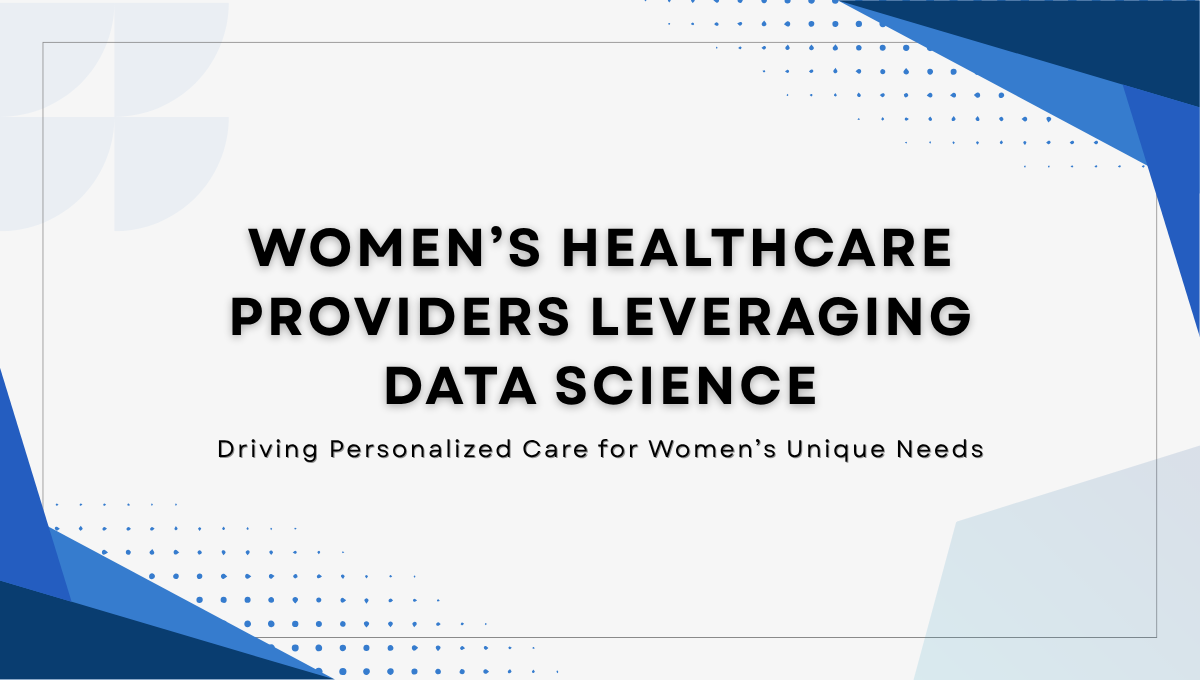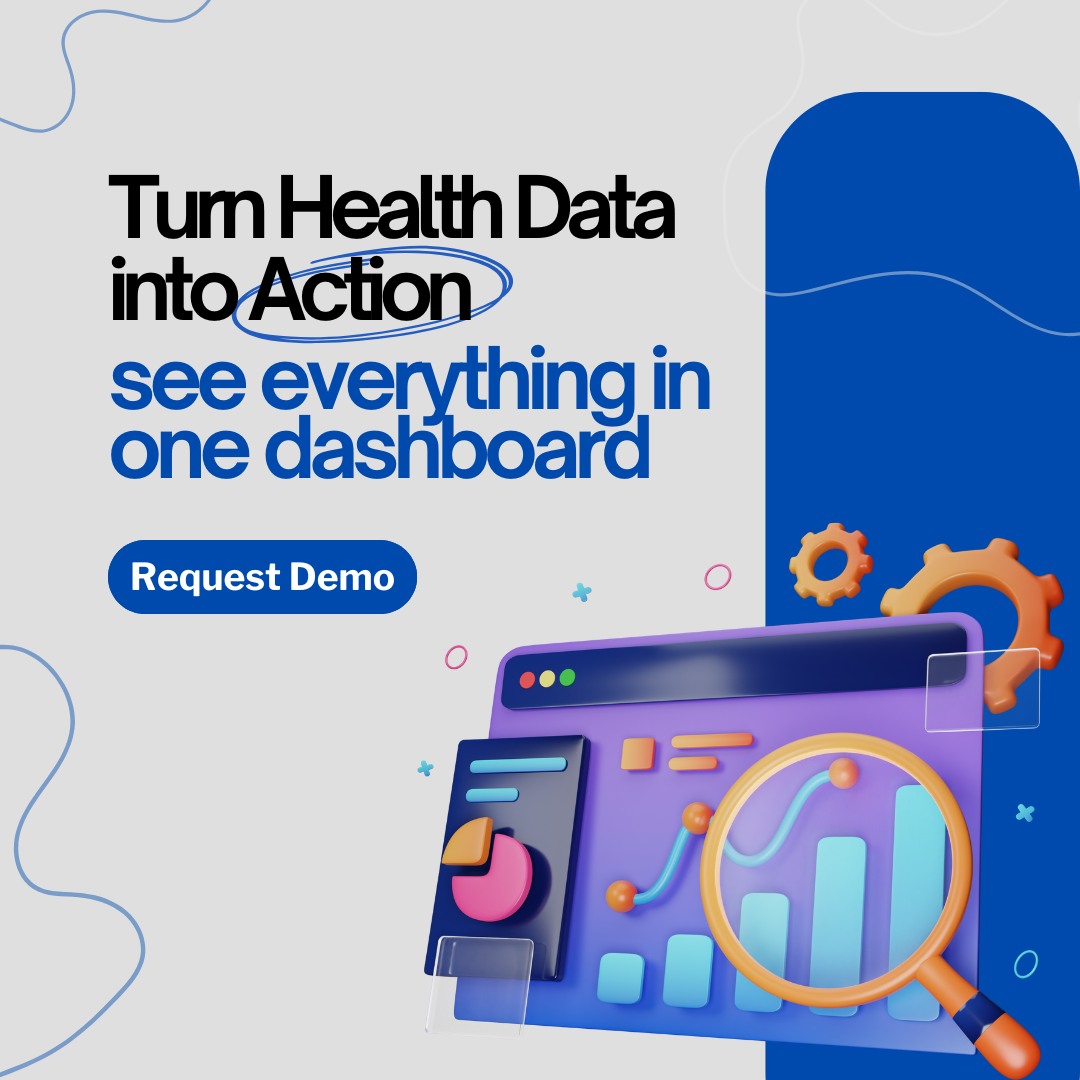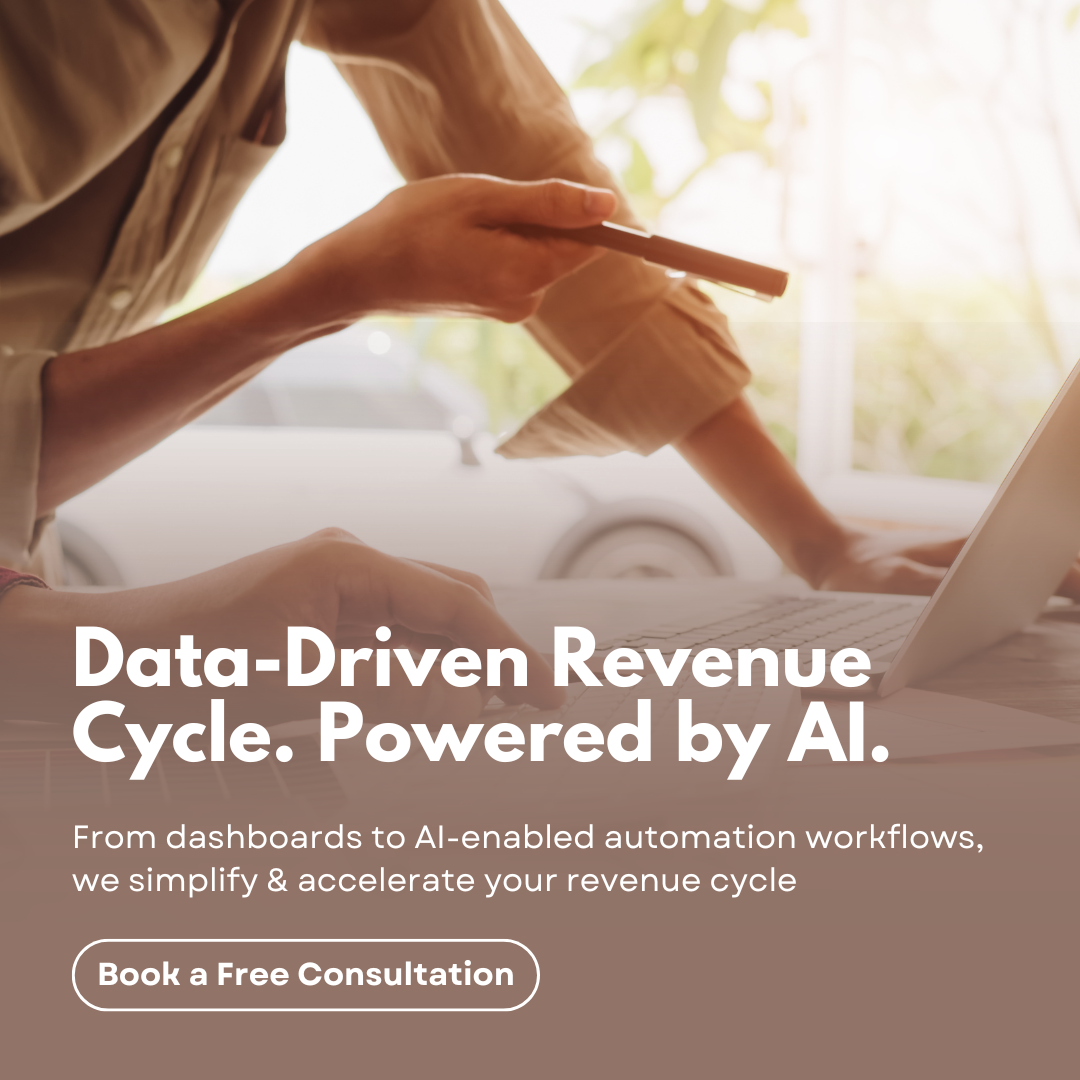Good Healthcare is important for everyone, but there is a need to bring women’s health issues separately under the magnifying lens. Most past clinical studies recruited candidates which had a higher representation of men than women and hence it’s taken a long time for researchers to know that certain diseases manifest differently in women than in men. Also, specific areas of healthcare related to pregnancy, fertility, and pelvic health, menopause, to name a few, are especially relevant to women’s health needs. Over the past decades we’ve seen a increase in the number of women’s health care providers. In this post we will focus on the benefits of data science for women’s healthcare providers.
Availability of big data has now made it possible for data scientists and healthcare experts to understand the factors that lead to certain undesirable events related to women’s health which can be prevented by bringing in timely intervention and having the right preventive actions in place. We’ve listed the journey for women’s health care providers as they step on the wagon to become more data savvy and start reaping the benefits of data science for women’s healthcare.
Creating an integrated data repository known as a “Data Lake”
Care providers might not have a single source of truth which collates and ingests data from varied data sources such as Electronic Health Records or EHR, diagnosis from past medical check-ups, health indicators such as body mass index, blood sugar etc, pregnancy and surgical records from the past, diseases and health emergencies. Along with this any other demographic details such as age, genetic conditions, and family history are also crucial pieces of information. Starting point for drawing the benefits from data is to establish and maintain a steady stream of relevant data from all available internal and external sources and then storing them in a data repository. Data Lake is one such useful storage where data of all formats, shapes and sizes can be stored and made available for analysis as needed.
Making the data ready for business intelligence and analytics
Often data in its raw form is far from being useful. There can be many issues with the raw data such as missing values, corrupted codes, erroneous values, created due to technical issues while reading information and duplicate values. All these reasons make it important for data to be cleaned and processed before analysts start to make sense of it. Along with the reasons mentioned above, data also needs to be pre-processed before it becomes suitable to be analyzed by machine learning models specially the ones that make assumptions about the values related to data distribution, ranges of data values, format of data such as numeric or non-numeric etc.
Having insightful dashboards for ongoing monitoring and decision making
Business Intelligence is the very first mandatory step towards becoming data savvy. An organization needs to have a collection of insightful reports, scorecards and dashboards that have been carefully designed with a purpose in mind. Some of the relevant dashboards for health care providers include those related to insights about hospital admissions, costs incurred by patients based on treatment type, operational metrics related to waiting and processing time for forms and documents.
Building predictive models to improve outcomes
There are many use cases where data can be converted into actionable intelligence such that professionals working in the women’s healthcare facilities can work alongside the machine-based recommendations to expedite their own decision making in way that improves final outcomes.
For example, there are many undesired situations related to child birth which can be prevented or treated in a timely manner with the help of data science. Preterm labor is one such example. The World Health Organization (WHO) categorizes preterm births based on the gestational age as follows: “Extremely preterm (<28 weeks), Very preterm (28–32 weeks), Moderate or late preterm (32–37 weeks)”
An earlier preterm birth is strongly associated with increasing mortality, incidence of disability, high intensity of neonatal care, and higher consequent costs incurred by the patients. Data can be used to develop an individualized prediction model of preterm birth risk, to estimate the delivery period using a wide range of clinical variables obtained at the initial hospital admission. These include useful patient information related to demographics, obstetric and medical histories and basic laboratory test results, including blood tests and vaginal discharge findings for clinical and basic characteristics. Health care provider can use this score to evaluate the risks and provide appropriate information for avoiding or managing preterm birth.
Predictive models can also be used to analyze factors related to incidences of infections occurring post Caesarean sectional births at the hospital. Despite World Health Organization (WHO) recommendations that the optimal rate of Cesarean sectional births should lie between 5 and 15%, these surgical operations are significantly increasing and the reasons for the continued increase in the rates are not completely understood. Postpartum fever, surgical site infection, puerperal sepsis and maternal mortality are among common complications of Cesarean birth. Global reported rates of Sectional Site Infections are reported to be 3–15% which poses great burden on health-care systems, as they increase the length of hospitalization and subsequent re-admissions inflating the overall costs of post-discharge care. Data science models can help to bring these numbers down in a significant manner.
Data Science for Women’s Healthcare can be very useful for providers to specifically target the ailments that are pertinent to women’s health. Overall, when used effectively they can help to improve health outcomes and reduce costs for the patients and hospitals.
Wrapping Up
VNB Health is a Microsoft certified Power BI solutions partner and a Gold Partner for Data Analytics, providing BI and Analytics solutions to customers for over 15 years. We can partner with you on your data science and analytics journey using Microsoft Purview, Synapse Analytics and Power BI. Contact us for a free consultation.




